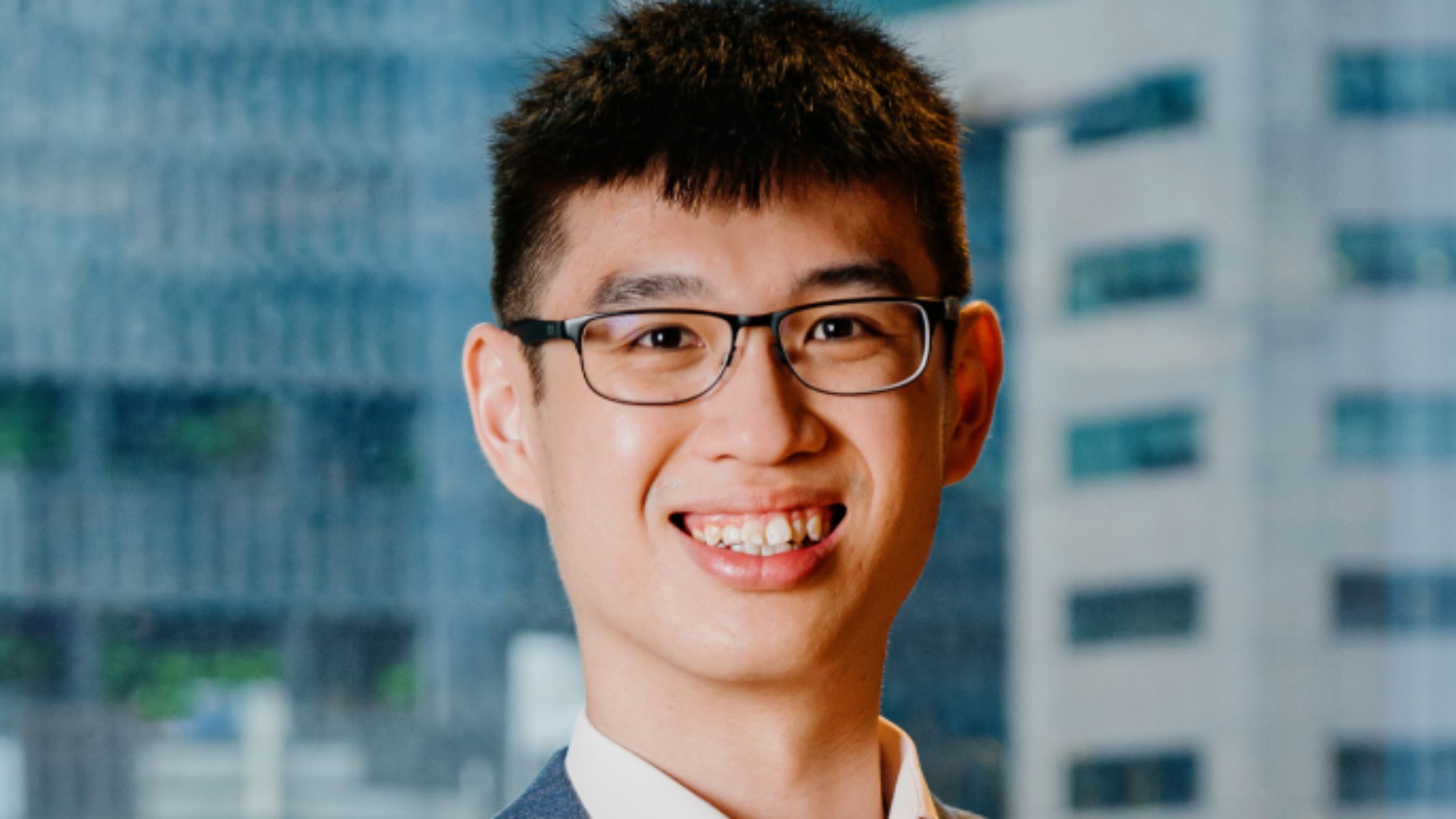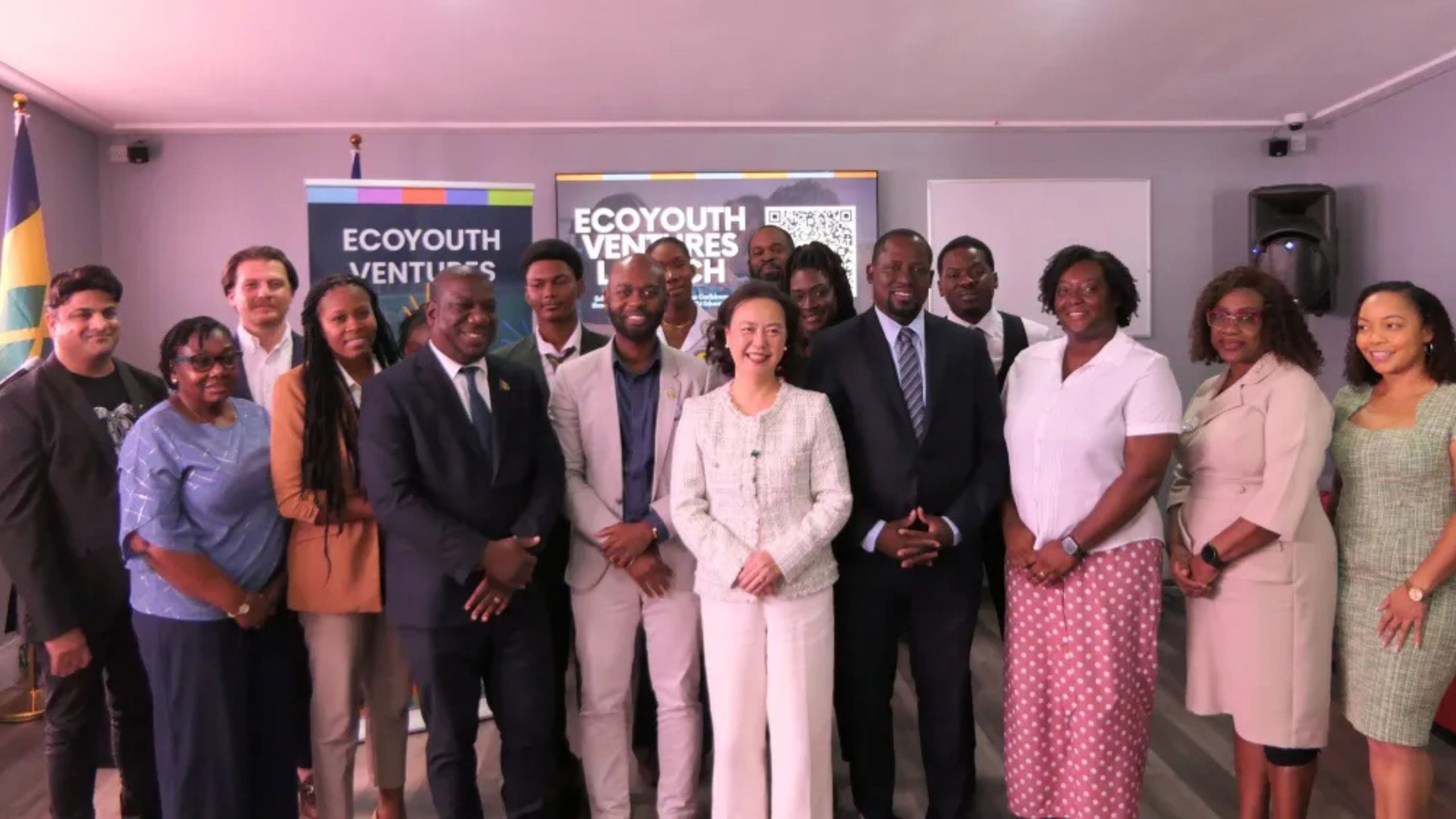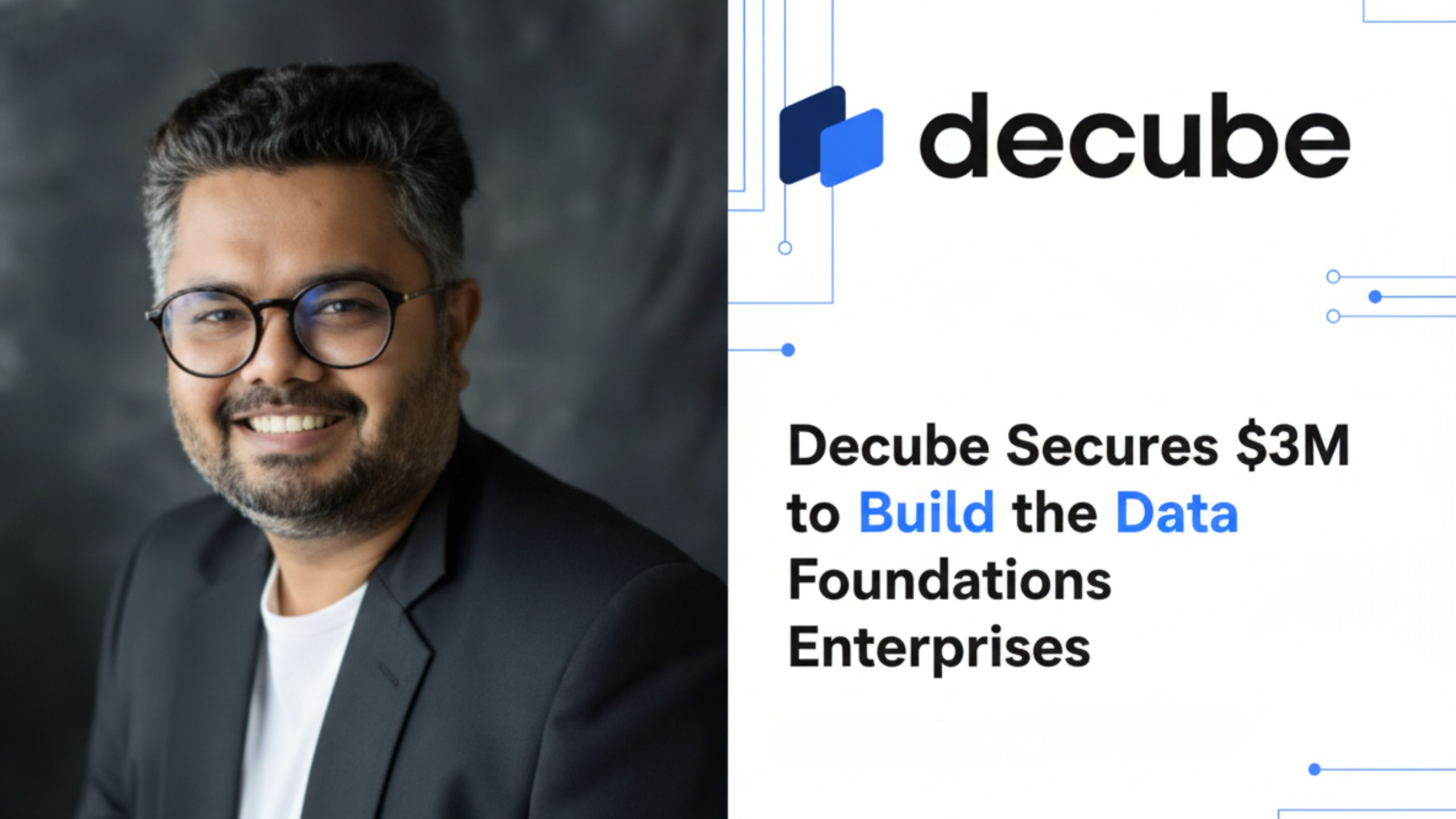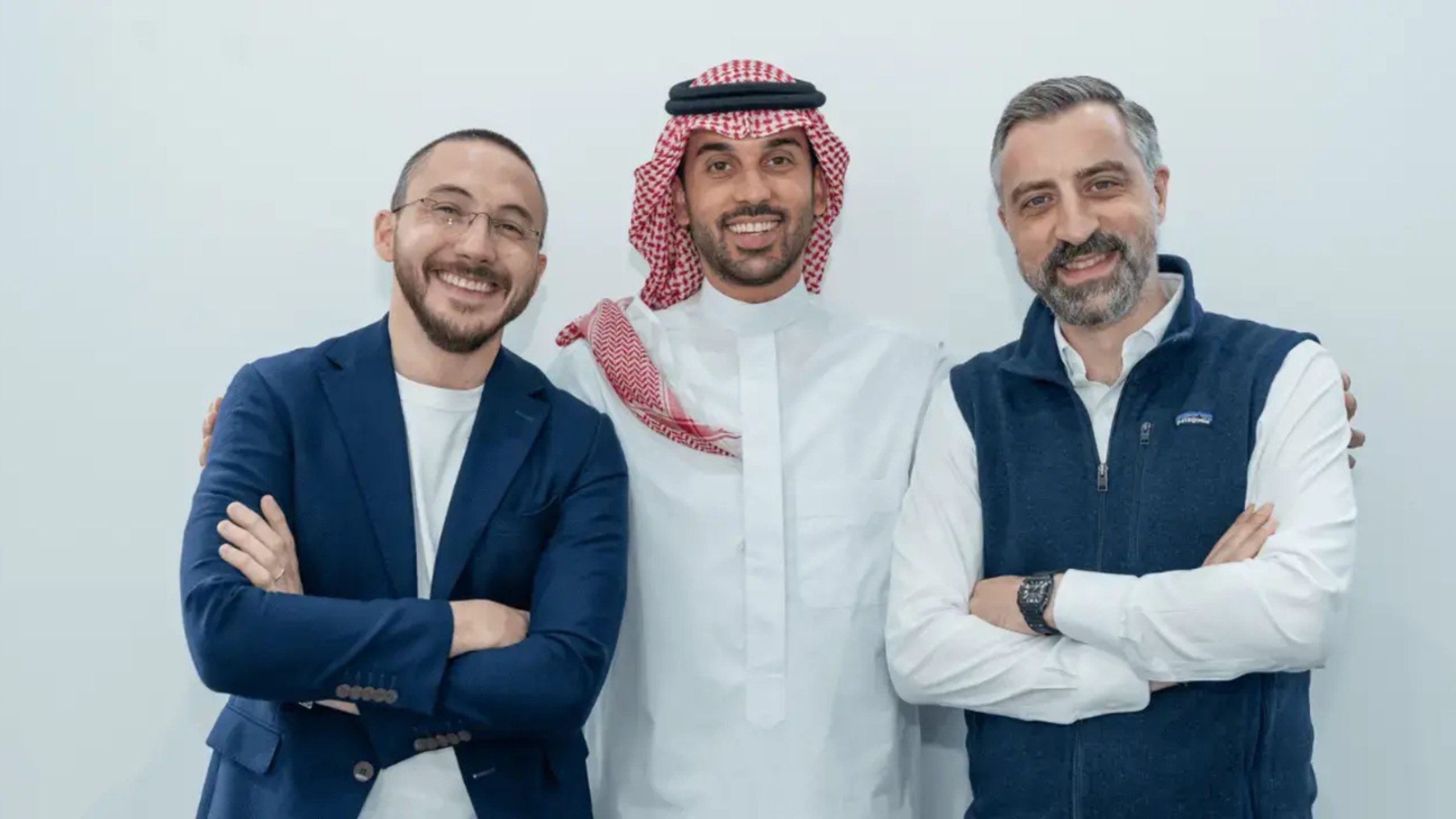AsiaTechDaily – Asia's Leading Tech and Startup Media Platform

Saison Capital’s Onigiri Capital: a $50M bridge for global blockchain founders to Asia
The Credit Saison-backed fund targets stablecoins, tokenised assets and DeFi — offering capital plus bank access and local know-how to help startups scale across Japan, Korea, Southeast Asia and beyond.
Saison Capital, the VC arm of Tokyo-listed credit card group Credit Saison, has launched Onigiri Capital, a Singapore-based blockchain fund with a $50 million target and $35 million already committed. The vehicle will back early-stage teams building real-world asset (RWA) solutions — from stablecoins and tokenisation platforms to payments rails, DeFi and financial-market infrastructure — and aims to act as an “institutional-grade bridge” between global builders (especially US startups) and Asia’s financial ecosystem.
Onigiri’s core message is clear: in today’s environment, capital by itself doesn’t get crypto startups very far in Asia. The fund is positioning itself as more than just a financier, offering founders a route into insurers, banks, and asset managers across Singapore, Indonesia, the Philippines, Japan, Korea, and Malaysia. By tapping into Credit Saison’s long-established networks and distribution ties, Onigiri combines funding with market access and regulatory expertise — a mix it believes will set its portfolio companies apart.
What the fund will back
Onigiri Capital will concentrate its investments on early-stage projects that link digital finance to traditional finance. Its stated focus areas are:
- Stablecoins and payment rails
- Tokenised assets and tokenisation platforms
- Decentralised finance (DeFi) primitives and applications
- Payments and cross-border settlement tools
- Financial market infrastructure that supports institutional use of blockchain
This lineup has a single strategic theme: convert blockchain-native ideas into products that meet institutional standards and can scale inside regulated Asian markets.
Why Asia — and why now
Onigiri arrives at a moment of renewed interest in blockchain from both investors and major financial institutions. The fund points to two big forces shaping its strategy: the projected growth of RWA tokenisation (analysts cited by the fund estimate a multi-trillion dollar opportunity by 2030) and a slow but steady return of venture funding to the crypto sector since the 2022 downturn.
More importantly, large global players — from BlackRock and Goldman Sachs to MUFG and Bank of China — are actively piloting or integrating blockchain tools into traditional finance. For founders, that means the potential end customers and partners exist in Asia; the problem is getting product, compliance and distribution aligned with local rules. Onigiri aims to fill that gap.
What founders gain (beyond capital)
The fund positions itself as more than a chequebook. For portfolio companies, the practical benefits are the key differentiator:
- Direct introductions to regional banks, asset managers and insurers
- Guidance on licensing, compliance and local legal frameworks
- Distribution channels and pilot opportunities inside a large credit-card and payments group
- A network for regional expansion — from test pilots to full commercial rollouts
Managing partners Qin En Looi and Hans de Back frame Onigiri as a “launchpad” for US founders who often struggle with Asia’s regulatory complexity. As Looi put it, Asia’s role in RWA innovation is “growing at an exponential rate,” and many US teams lack the specialised expertise to navigate markets such as Japan, Korea, Indonesia and Singapore.
Risks and practical hurdles
The fund’s model is sensible, but success is not guaranteed. Key challenges include:
- Regulatory fragmentation. Asia is not one market: rules on stablecoins, token custody, KYC/AML and securities treatment vary widely and are still evolving.
- Institutional conservatism. Banks and insurance firms demand long audits, counterparty risk controls and clear legal recourse — startups must meet high operational standards.
- Competitive landscape. Other funds and large tech firms are also courting blockchain infrastructure and payments plays, raising competition for top deals and partnerships.
- Execution risk. Tokenisation works in pilots but scaling to institutional volumes requires integration with legacy systems and strong risk management.
How well Onigiri helps founders handle these hurdles — not just opens doors — will determine whether it becomes a reliable gateway or a short-term accelerator.
The broader implication
If Onigiri succeeds, it offers a repeatable blueprint: combine Western product innovation with Asian institutional validation and distribution. That formula could accelerate institutional adoption of blockchain in Asia, and help tokenisation move from niche pilots to meaningful liquidity and use cases.
Conclusion
Onigiri Capital is a timely, pragmatic bet: it matches capital with relationships and regulatory guidance in markets that matter. For US and global founders aiming at Asia, the fund promises a faster, less risky path to pilots and partnerships. For Asia’s incumbents, it offers vetted innovation and a controlled route into digital assets.
The proof will be in the deals: whether Onigiri can attract high-quality founders, secure bank-level pilots, and help projects meet institutional standards. If it does, the fund could help convert the RWA narrative into real business — and make Asia a central market, not merely a distant opportunity, for the next wave of blockchain infrastructure.



